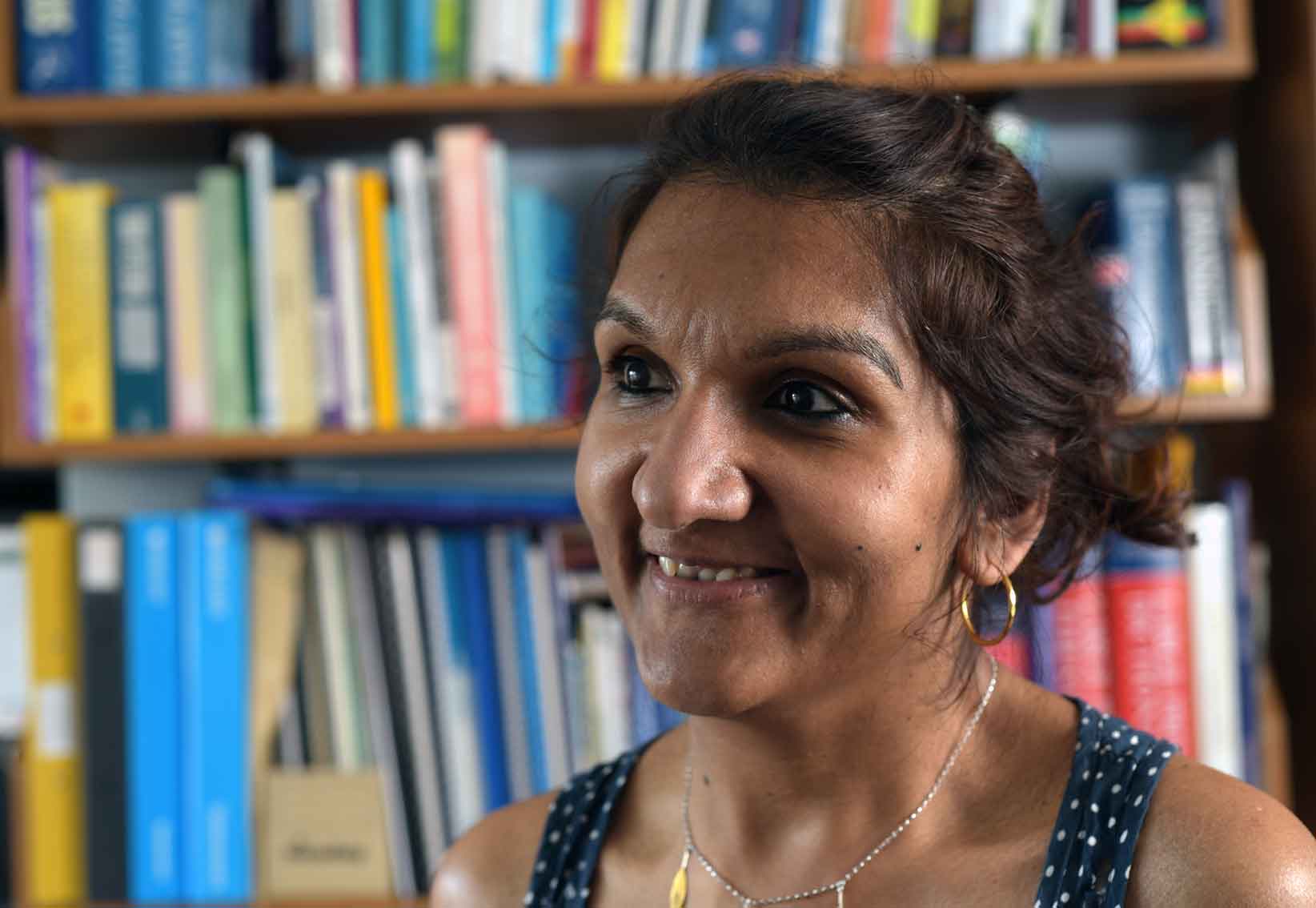Experts at the University of Nottingham are calling on adults with cerebral palsy (CP) to help them with some research to find out how their conditions are changing with age, and what support services they have and need to keep them healthy throughout their lives.
People aged 18 and over with CP are being invited to take part in a survey, designed by experts from the Centre for Ageing and Rehabilitation Research (CRAR), in the School of Medicine, as part of the ALTHEA Study.
The aim of the study, which is the first of its kind in the UK, is to help improve understanding of the effects of ageing for men and women with CP, and their changing healthcare needs across their lives, among health and rehabilitation professionals.
CP is a group of disorders that affect a person's ability to move and maintain balance and posture. It is the most common motor disability in childhood.
In the UK, NICE estimates 2-3.5 out of 1000 births result in CP (Shaunak and Kelly, 2018). Developments in neo-natal and paediatric healthcare mean that most individuals with CP today have a life expectancy similar to their peers without CP, and are living into older age. However, they are acquiring age-related impairments earlier than their non-disabled counterparts.
Existing non-UK research indicates that ageing brings physiological challenges for people with CP, as well as issues with mental health. However, no similar research has been conducted in the UK.
Dr Sonali Shah is one of the lead researchers on the project. She said: "The absence of evidence in the UK on the effects of ageing on people with CP, means that there is a lack of specialist health provision for adults living with the condition, which prevents their health needs from being met and makes them highly susceptible to chronic conditions.

"As adults with CP are a growing population, it is important to help them to stay healthy throughout their lives as this will have long-term cost benefits in terms of reductions in hospital admissions, long term care and unemployment rates. Our survey is part of our research into how we can make sure people have the best access to the services they need."
The team have designed a new online survey to collect data from adults with CP across the UK about their embodied experiences of ageing; access to health information; access to health and rehabilitation services; health maintenance and use of assistive devices.
The National Institute for Clinical Excellence has previously published guidelines which start to address some of the issues in relation to how to improve the health, well-being, function and participation of adults with CP. However, currently these guidelines do not provide information about the specific rehabilitation services that should be available to treat adults with CP as they age. Further, as highlighted in research and development meetings with the national disability charity Scope and a local neuro-rehabilitation consultant (both on the NICE steering committee), presently NICE do not make recommendations for specific services that can address the physical and mental health needs, and well-being, of adults with CP across the life course.
Dr Shah adds: "There is a need to understand what specialist and generalist interventions are needed across people's lives. We are confident our research will help to address these gaps."
People with CP who are interested in taking part in the survey can do so here – https://meded.onlinesurveys.ac.uk/althea-project-cerebral-palsy-survey
Dr Shah and her team have made a short documentary film providing new knowledge and understanding about experiences of ageing for adults with cerebral palsy. Speaking for themselves, five adults with CP talk about embodied and life style impacts of growing up and older with CP; what works, what does not work and what could be improved in terms of their access to good quality adult healthcare.






